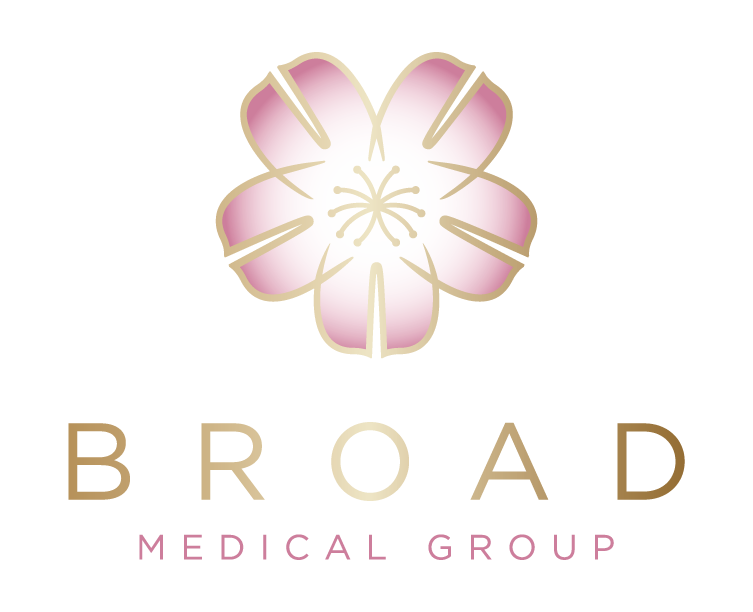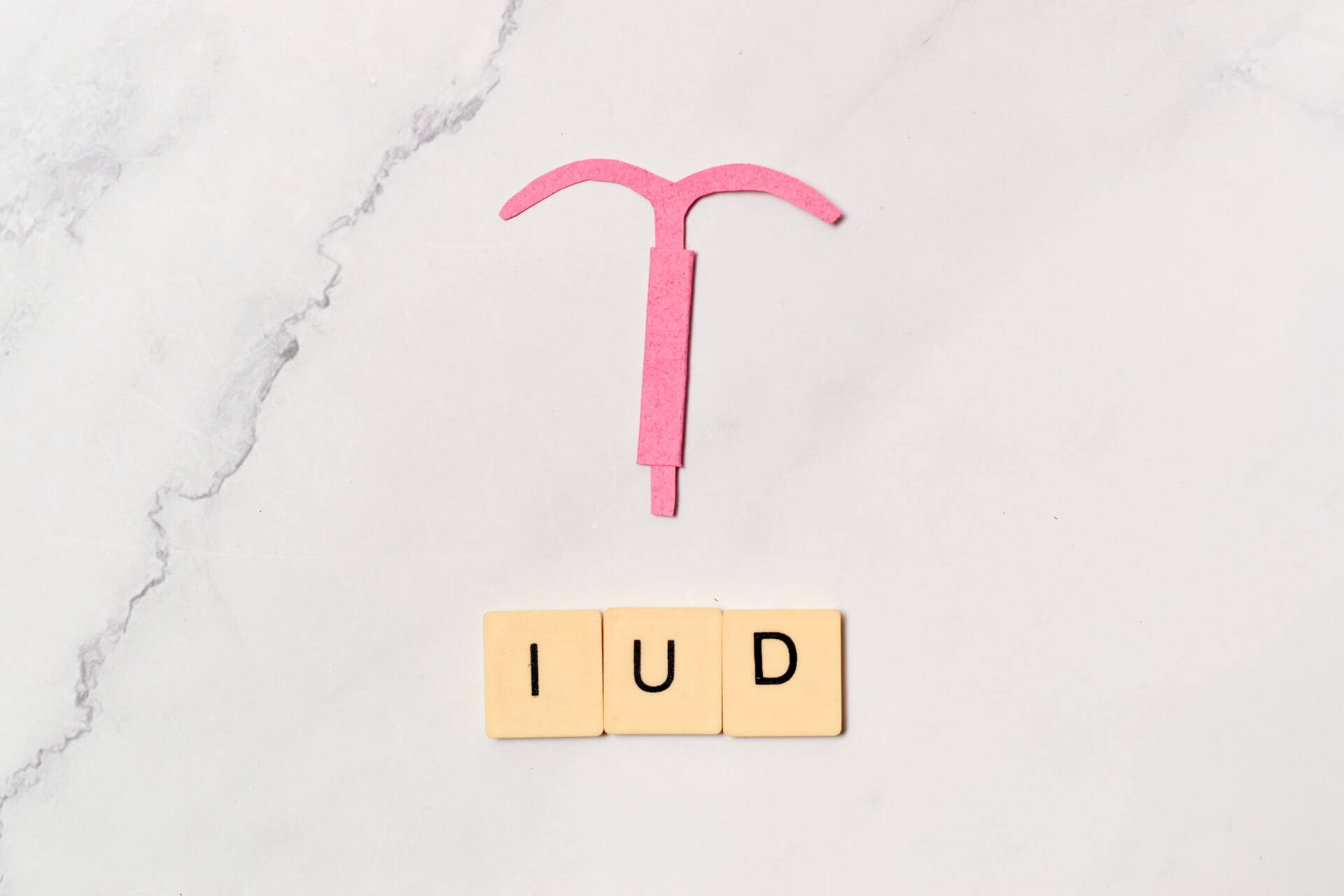Pregnancy is an exciting time, but it’s also filled with many common concerns that need to be addressed in order to ensure a healthy pregnancy and delivery. Here you can find the 7 most common concerns during pregnancy and what to do about it.
1. Morning sickness
Morning sickness is a common symptom of early pregnancy, and is characterized by nausea, often accompanied by vomiting. It typically occurs during the first trimester of pregnancy and can last until the end of the first trimester.
Morning sickness can be managed with dietary and lifestyle changes, such as eating small, frequent meals and avoiding certain smells or foods that trigger nausea.
Additionally, medical treatments such as anti-nausea medications or IV fluids may be prescribed for severe cases of morning sickness.

2. Weight gain
Weight gain is a normal part of pregnancy and is necessary for both the mother and the baby’s health.
Most women will gain about 25-35 pounds during pregnancy, although this number can vary greatly depending on each individual’s body type and pre-pregnancy weight.
Many women worry about gaining too much weight during pregnancy, and it’s important to remember that gaining the right amount of weight can help ensure a healthy pregnancy and delivery.
Additionally, it’s important to maintain a healthy diet with plenty of fruits, vegetables, lean proteins, and whole grains, as well as getting regular exercise.
3. Exercise
Exercise during pregnancy is important for both the mother and baby’s health. Not only can exercise help manage weight gain, but it can also help with mood, energy, and circulation.
It’s important to talk to your healthcare provider before beginning any exercise regimen, as there are certain activities that are not safe during pregnancy. Low-impact activities such as walking, swimming, or prenatal yoga are generally considered safe.

4. Nutrition
Eating a healthy, balanced diet during pregnancy is essential for both the mother and baby’s health.
Eating a variety of fruits, vegetables, lean proteins, whole grains, and healthy fats can help ensure the mother and baby are getting the vitamins and minerals they need.
Additionally, taking a prenatal vitamin can help ensure the baby is getting the necessary nutrients.
5. Stress
Stress is a normal part of life, but it can have a negative effect on both the mother and baby’s health during pregnancy.
It’s crucial to find healthy ways to cope with stress, such as deep breathing exercises, meditation, or talking to a friend or family member.
Additionally, it’s important to make sure to take time for yourself and get plenty of rest.

6. Sleep
Sleep is essential for both the mother and baby’s health during pregnancy.
Most women will experience some level of fatigue during pregnancy, but it’s important to get enough rest. It’s recommended that pregnant women get at least seven to nine hours of sleep each night.
To ensure a good night’s sleep, it’s vital to establish a regular bedtime routine, such as taking a warm bath or reading a book before bed.
7. Labor and delivery
Labor and delivery can be a stressful time for both the mother and baby. It’s important to talk to your healthcare provider about the different options and what to expect during labor and delivery.
In addition, it’s important to prepare for labor and delivery by getting educated on the process, managing any medical or emotional concerns, and gathering all the necessary supplies ahead of time.
Overall, addressing the 7 most common concerns during pregnancy is essential to ensure a healthy pregnancy and delivery. From morning sickness and weight gain to exercise, nutrition, stress, sleep, and labor and delivery, it’s important to speak with your healthcare provider to ensure that you are taking the necessary steps to ensure a safe and healthy pregnancy.
About the Author
Dr. Jennifer Broad is a board-certified obstetrician and gynecologist who has been practicing in Newport Beach, California for over a decade. She received her medical degree from the University of California, San Francisco, and completed her residency training at the University of California, Irvine.
Dr. Broad is dedicated to providing personalized care to her patients and is committed to staying up-to-date with the latest medical advances in her field. She is a fellow of the American College of Obstetricians and Gynecologists and a member of the Orange County Medical Association.











